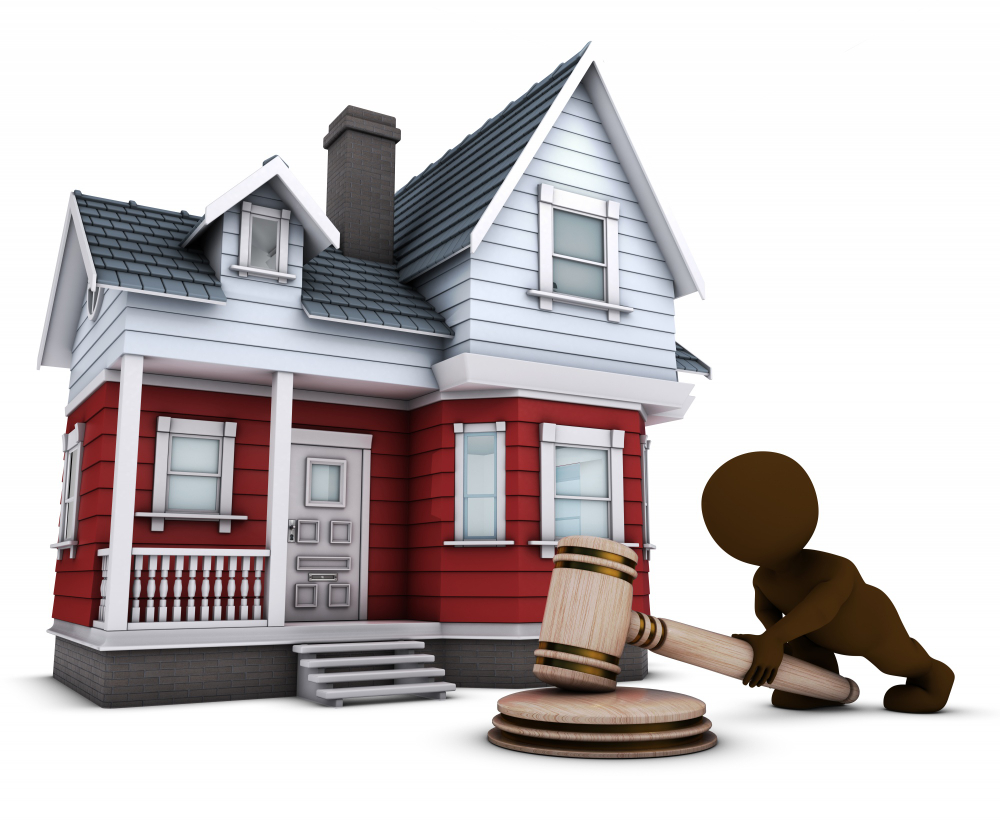Property damage can be a distressing matter for individuals or businesses. Whether it’s a result of natural disasters, negligence, or accidents, the aftermath of these incidents often requires a complex legal proceeding. In such cases, seeking assistance from a civil attorney property damage is essential.
Find yourself a legal grip to resolve the issue through the following discussion!
Understanding Civil Attorney Property Damage
A civil attorney, civil litigator, or trial lawyer is different from a regular attorney. As explained by Law PLA, civil attorneys are lawyers who handle non-criminal legal disputes between individuals, organizations, or government entities.
They represent clients in a variety of legal proceedings, such as:
- pretrial hearings,
- mediations,
- arbitrations,
- depositions, and
- the trial itself.
They offer legal counsel and litigation strategies for civil law matters, such as personal injury disputes, matrimonial and family issues, business and corporate cases, as well as claims regarding property damage. Essentially, civil attorneys help clients navigate the legal process in non-criminal lawsuits.
Specializing in non-criminal legal disputes, civil attorney property damage also represents clients in other legal areas such as personal injury, family law, business disputes, and landlord-tenant disputes. Whereas regular attorneys may practice both civil and criminal cases.
The Responsibility of A Civil Attorney Property Damage
In property damage cases, a civil attorney plays a crucial role in helping individuals or entities seek compensation for the damage. Observe the following main responsibilities of a civil attorney.
1. Legal Representation
A civil attorney represents clients in non-criminal property damage lawsuits. The property includes a home, business, vehicle, or personal belongings where the damage was as a result of non-criminal acts.
2. Filing and Claim Assessment
Civil attorneys will assess the property damage that you will claim. Also gathering evidence, and then filing the necessary legal documents to support the claim.
3. Negotiation and Settlement
Your civil attorney will negotiate with your insurance companies or the opposing party to seek fair settlements for the property damage. Most civil attorneys ensure that clients receive the compensation they deserve.
4. Litigation
Civil attorneys will take your case to court if a fair settlement cannot be reached through negotiation. They present the evidence and arguments to support the client’s claim.
5. Expertise
An expert civil attorney specializes in specific areas related to property damage. Legal areas such as injury law, environmental law, or insurance law allow them to make an expert decision.
Overall, civil attorneys play a critical role in advocating and guiding their clients through the legal process. Not to mention, a dedicated civil attorney works to secure the compensation their client is entitled to.
What Considered a Non-criminal Property Damage?
We have established that civil attorney property damage deals with non-criminal property damages. But, what is considered non-criminal property damage? Below is the explanation.
1. Non-criminal Property Damage
Non-criminal property damage refers to damage to property that does not involve criminal intent, such as accidents, negligence, or acts of nature. It typically involves civil liability rather than criminal prosecution.
The types of harm can differ widely, including physical damage, water damage, fire, sewage, or vandalism damage. Within civil law, property damage refers to any harm done to a property that reduces its value or usefulness. The harm includes permanent or temporary physical, as well as impairment of value or usefulness.
Civil property damage lawsuits are often filed to seek compensation for the expenses of repairing or replacing the property, this is also called compensatory damages. You can also include payment for non-financial damages, such as pain and suffering as general damages.
Note that this explanation is the general understanding of the law, specifics related to property damage law may vary by jurisdiction.
2. Criminal Property Damage
Meanwhile, criminal property damage is intentional or reckless damage to personal property, resulting in criminal liability. It involves the destruction or damage of property without the owner’s permission. The perpetrator of this offense may face criminal charges and penalties.
Criminal property damage can take many forms, such as:
- destruction by fire;
- graffiti;
- vandalism;
- breaking windows;
- slashing tires; and
- damaging personal belongings.
The severity of the crime and penalties vary depending on the damaged property value, the intent, and jurisdiction. Criminal property damage can be charged as a felony, resulting in imprisonment and fines.
The Capacity of A Civil Attorney Property Damage
Beyond the legal intricacies and responsibilities, civil attorneys have more capabilities even after a lawsuit. One of them is giving counsel, such as setting realistic expectations and offering guidance on the potential outcomes of the case. Thus, effective communication is preferable to establishing a strong relationship.
In certain cases, civil attorneys may explore alternative dispute resolution (ADR) methods such as arbitration or mediation. These methods offer a more cost-effective resolution while allowing clients to have their concerns addressed at the same time through a structured process.
Should the court’s decree benefit the client, the civil attorney may be involved in post-judgment enforcement. This is a step to ensure that the awarded damages are paid by the responsible parties.
When Should I Hire A Civil Attorney?
Whether or not a civil attorney is necessary depends on the specific circumstances of the case. In general, if the handling goes smoothly, the damage is minor, and your insurance company is willing to provide a fair settlement, a civil attorney may not be necessary. However, you should consider hiring one under the circumstances below.
1. Complex Case
If the property damage claim is complex and involves significant losses, a civil attorney property damage can help you navigate the legal process. Simultaneously, you can ensure the best possible outcome.
2. Insurance Company Dispute
In some cases, if there is a dispute with your insurance company you can ask an advocate for your right to a civil attorney. The dispute includes denial of claim, underpayment, payment delay, misinterpretation or misapplication of policy terms, and bad faith. The civil attorney will also help you to negotiate with your insurer.
3. Legal and Financial Stakes
When legal and financial costs are at stake, hiring a civil attorney can save you more during the trial and in the long run.
4. Evidence and Documentation
If your case requires thorough documentation and evidence to support it, an attorney can assist in properly gathering the information needed to build a strong case.
5. Natural Disasters and Significant Losses
You should hire an attorney in the event of natural disasters that cause your property damage. On condition of significant property damage, hiring an attorney can be beneficial especially if the insurance company is unwilling to offer a reasonable settlement.
Do You Need a Civil Attorney Property Damage?
In summary, hiring a civil attorney for property damage is advisable if your case starts to get overwhelming even if it were not due to a criminal act. Beyond litigation, they can help you with counseling of possible outcomes of your case to prepare you better.
Note that thorough documentation and legal representation are needed to ensure a fair outcome.



